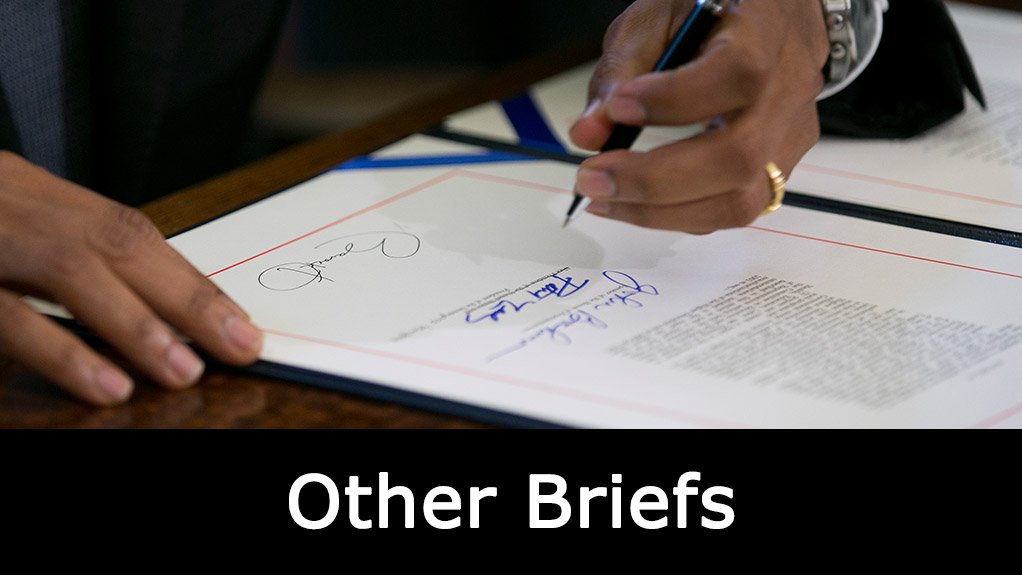There is much uncertainty as to whether or not a “Living Will” is valid and enforceable in South African law.
A “Living Will” is a declaration or an advance directive in which a person expresses his directives for future circumstances by refusing consent to any medical treatment and attention which will keep him alive by artificial means when they are no longer physically or mentally competent to express his wishes.
The purpose of having a Living Will is to express one’s preferences in advance and includes instructions for possible future situations which will, in effect, protect one’s loved ones from having to make an end-of-life choice for him. It may also serve the purpose of avoiding the diminishing of one’s estate as a result of medical expenses incurred to keep him alive by artificial means.
The uncertainty surrounding the validity and enforceability of Living Wills in this country exists primarily because that Living Wills are currently not governed by any South African legislation. Although a person may have a Living Will in place, it is not clear whether advance health care directives contained therein may, in certain circumstances, be overridden by family or treating medical practitioners, or most significantly, whether the persons acting upon the directives will be immune from civil and criminal prosecutions.
In order to address this legislative gap and legal uncertainty, the National Health Amendment Bill, 2019 (“the Bill”) has been introduced to the National Assembly. The objective of the Bill is to amend the National Health Act 61 of 2003 so that advance health care directives such as the Durable Power of Attorney and the Living Will for health care are legally recognised and to provide legal certainty and enforceability for such directives.
The Durable Power of Attorney, unlike a standard power of attorney, remains in effect should one become mentally incapacitated. The Bill proposes the introduction of a Durable Power of Attorney for health care as an alternative to a Living Will, in terms of which, a person may appoint and entrust any decision-making power regarding his or her future medical treatment to any adult person to act as his agent and mandate such agent to take any and all medical decisions, including decisions concerning the withholding or withdrawal of any treatment.
In respect of Living Wills, the Bill proposes, in terms of section 7B (1), that “... any person who is (a) 18 years or older; and (b) of sound mind; may express his or her refusal for any future potentially life-sustaining medical treatment or procedure when such person may no longer be competent to express such refusal, in a living will substantially in the form contained in Schedule 3”.
Such Living Will and any amendment thereof, according to section 7B (4), “must be in writing and must be signed by the maker thereof and two competent witnesses, in one another’s presence: Provided that one of the witnesses is not the spouse or partner of the maker or related to the maker by blood or adoption”.
In respect of any treating medical practitioner, section 7B (3) provides that “A medical practitioner before giving effect to the Living Will must –
(a) satisfy himself or herself that, on the face of the facts before him or her –
- the medical position of the maker of the living will is terminal and incurable and the maker is no longer competent to make or communicate decisions concerning his or her medical treatment or refusal thereof;
- the maker of the living will is in a permanent vegetative state; or
- the maker of the living will is completely and irreversibly unconscious;
(b) satisfy himself or herself, in so far as is reasonably possible, of the authenticity of the living will; and
(c) inform, where practicably possible, the maker of the living will’s spouse or partner, or in the absence of such spouse or partner, the maker’s parent, grandparent, an adult child or a brother or sister, in the specific order as listed, of the existence and content of the living will.”.
Furthermore, provided that the treating medical practitioner has complied with the aforementioned requirements of section 7B (3), the Bill proposes that, in terms of section 7B (6), “[t]he treating medical doctor who withholds or withdraws any medical treatment in accordance with a valid living will, will not be criminally or civilly liable even though such withholding or withdrawal might hasten or have hastened the natural death of the maker of the living will”.
However, until such time as the Bill has been promulgated, that is passed by the National Assembly, assented to and signed by the President of the Republic of South Africa and ultimately published in the Government Gazette, a Living Will may still be regarded as unenforceable and thus overridden by family members if the maker. Treating medical practitioners may also remain reluctant to act upon advance directives due to the possibility of civil and criminal prosecutions being instituted against them. The introduction of the Bill is therefore merely a step forward in recognising a person’s right to autonomy and respecting his end-of-life choices.
Written by Jayde Vaughan, Associate at Fluxmans Attorneys
EMAIL THIS ARTICLE SAVE THIS ARTICLE ARTICLE ENQUIRY
To subscribe email subscriptions@creamermedia.co.za or click here
To advertise email advertising@creamermedia.co.za or click here











